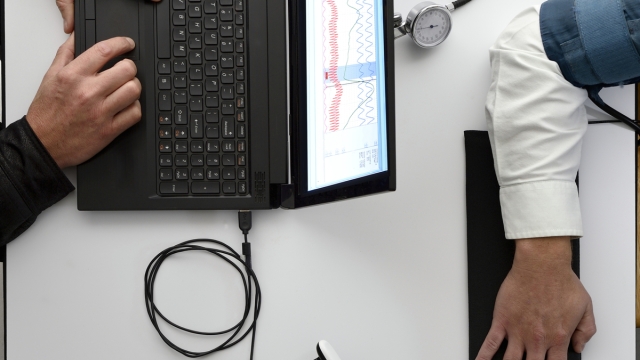
In today’s world, the concept of a lie detector test can evoke a mix of fascination and skepticism. These tests, also known as polygraphs, have long been portrayed in movies and television as the ultimate truth-telling tool. But behind the intrigue lies a complex web of science, psychology, and ethics that raises important questions about their reliability and validity.
At its core, the lie detector test aims to uncover deception by measuring physiological responses such as heart rate, blood pressure, and skin conductivity. The underlying assumption is that these bodily reactions differ when someone is being truthful versus when they are being deceptive. However, the accuracy and interpretation of these responses are subject to debate, leading to ongoing controversies surrounding the use of lie detector tests in various settings.
Understanding Lie Detector Tests
Lie detector tests, commonly known as polygraph tests, are designed to measure physiological responses in individuals when they are questioned. These tests typically monitor changes in heart rate, blood pressure, respiration, and skin conductivity as indicators of stress levels during questioning.
The underlying theory of lie detector tests is based on the assumption that deceptive answers cause physiological changes in the body, which are different from those produced when telling the truth. However, it is essential to note that polygraph results are not foolproof and can be influenced by various factors such as anxiety, nervousness, or even an individual’s belief in the test’s accuracy.
Despite their widespread use in certain settings such as law enforcement and employment screenings, the accuracy and reliability of lie detector tests have been a subject of debate and controversy. Critics argue that the results can be subjective and open to interpretation, leading to potential errors in determining truthfulness.
Limitations of Lie Detector Tests
Lie detector tests are not foolproof and can produce false results. Factors such as an individual’s mental state, level of anxiety, and physical conditions can influence the accuracy of the test.
Moreover, the interpretation of lie detector results relies heavily on the skills and experience of the examiner. Human error in reading the polygraph charts can lead to misinterpretation of the data, affecting the overall reliability of the test.
Lie detector test
It is important to note that some individuals can manipulate the results of a lie detector test by employing countermeasures or techniques to deceive the examiner. These countermeasures can include controlled breathing, thinking of emotionally-neutral topics, or even using physical pain to alter the test outcomes.
Ethical Considerations
When it comes to using lie detector tests, ethical considerations play a crucial role in ensuring fairness and respect for individuals. The implications of relying solely on polygraph results to determine the truth can raise concerns about privacy and personal rights.
Furthermore, the subjective nature of interpreting polygraph results highlights the ethical dilemma surrounding their accuracy and reliability. This subjectivity can lead to potential biases and misinterpretations, which could unfairly impact individuals undergoing lie detector testing.
In addition, the involuntary nature of undergoing a polygraph exam can raise ethical concerns about coercion and pressure on individuals to submit to testing. It is essential to uphold ethical standards that prioritize the well-being and rights of individuals involved in the lie detector testing process.

